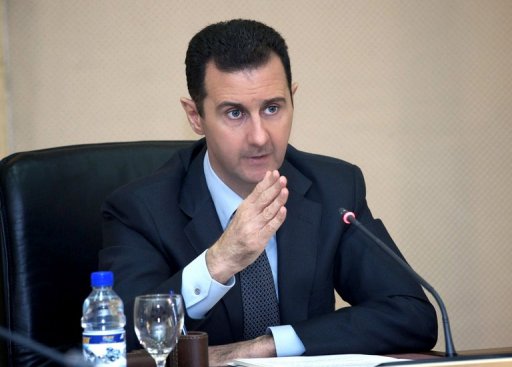CAIRO: The Supreme Energy Council approved Tuesday plans to reduce energy subsidies and allocate the surplus to improving the transportation sector.
Headed by Prime Minister Ahmed Nazif, the council approved plans to gradually raise the price of natural gas and electricity over the next three years, a strategy announced by Minister of Trade and Industry Rachid Mohamed Rachid on August 14.
Energy subsidies are a huge burden on the treasury, which could save about LE 15 billion over the next three years with the introduction of the policy, Cabinet spokesman Magdi Radi said following Tuesday’s meeting in Alexandria.
Energy subsidies cost the government LE 20 billion a year, with LE 4 billion going to industry, of which the 40 most energy-intensive companies receive about 70 percent.
The new pricing system will enable foreign and local investors operating in energy-intensive industries to calculate their expenses on a long-term basis. The new pricing policy was calculated in a way that enables Egypt to remain competitive while ensuring that energy resources are not abused, Radi said.
After applying this strategy, the government will use the surplus to develop Egypt s transportation facilities.
Minister of Transportation Mohamed Mansour submitted a working paper to the council to improve transportation services, as well as recommendations on ways to conserve energy.
According to Mansour, the transportation sector is one of the highest consumers of petroleum products and energy, accounting for 12 percent of Egypt s total energy consumption.
Mansour s plan aims to increase the transportation of goods via railway, raising the percentage from four to 10 within the next two years. An overall plan to improve the railway system is underway, with an aim to decrease the pressure on automobiles.
Part of the new strategy is the construction of two new underground metro lines and five new tramway lines. The new lines are meant to facilitate travel by linking, for example, Ain Shams to the 10th of Ramadan and Borg El-Arab to Alexandria.
Maritime transportation will also be improved, increasing the percentage of goods transported through the Nile River from one percent to 10 percent within the next two years.
The high profile meeting was attended by the Ministers of Finance, Petroleum, Electricity, Environmental Affairs, Investment, Housing, Transportation and Economic Development.


